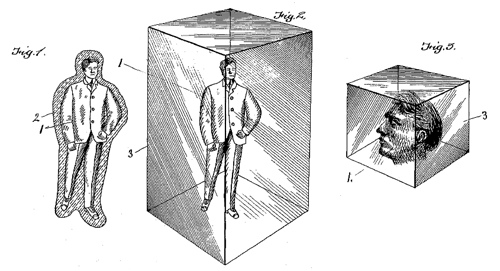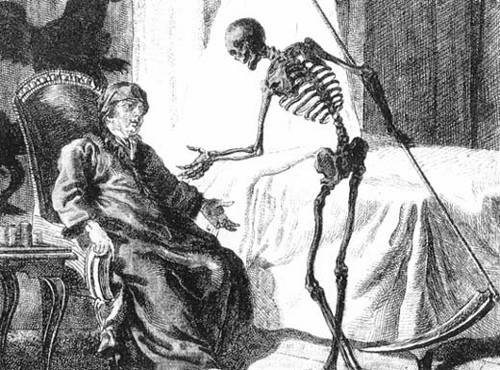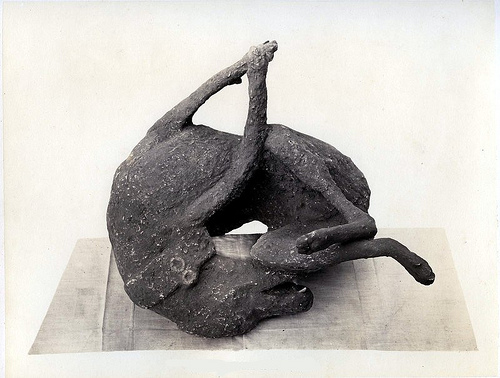The armistice that ended World War I went into effect at 11 a.m. on Nov. 11 (“the 11th of the 11th of the 11th”) in 1918.
Gordon Brook-Shepherd writes: “[A]ny firing still going on ended on the last second of the tenth hour, sometimes with droll little ceremonies — as on the British front near Mons, where [a] German machine-gunner blazed off his last belt of ammunition during the last minute of the war and then, as the hour struck, stood up on his parapet, removed his steel helmet, bowed politely to what was now the ex-enemy opposite, and disappeared.”
The last casualties were not so droll. At 10:45 a.m., French soldier Augustin Trébuchon was running to tell his friends that hot soup would be served after the ceasefire when he was shot and killed.
And in the Forest of Argonne, American private Henry Gunther charged a German position just before 11:00 and was shot down. He died 60 seconds before the end of the war.




